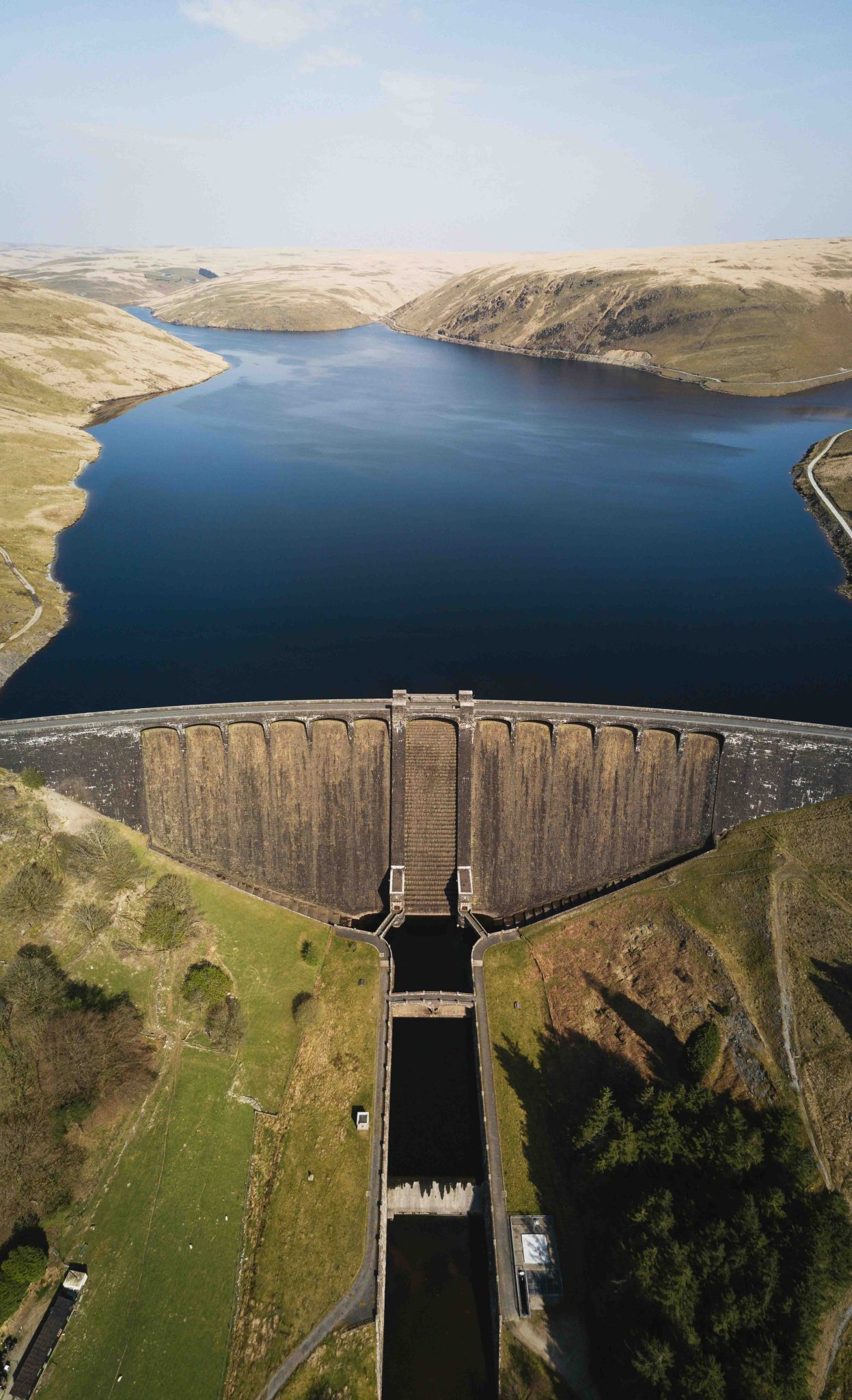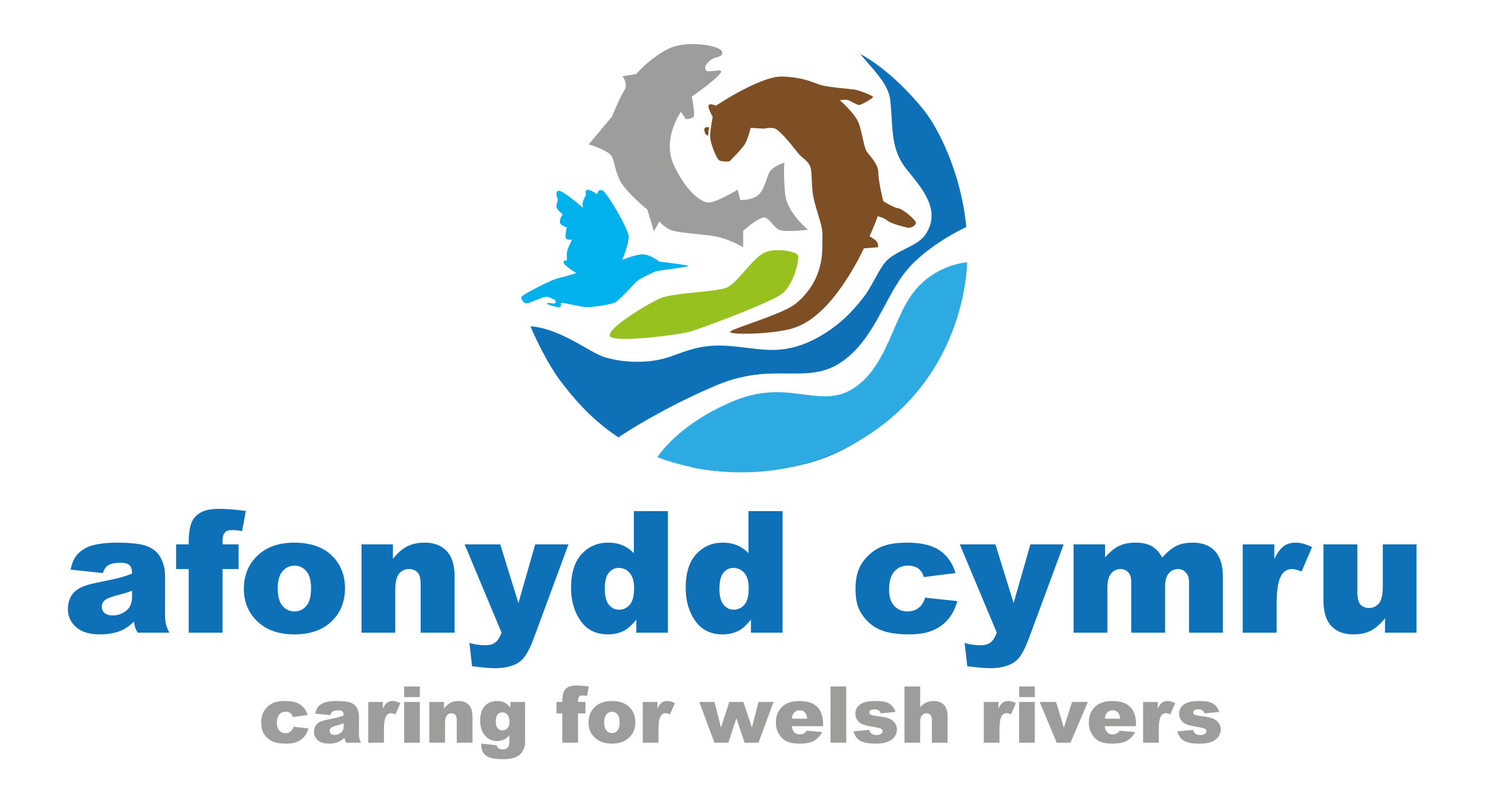Abstraction refers to the process of taking water from a natural source (a river, lake, groundwater or reservoir).
Water is abstracted for a variety of purposes: by water companies for water supply, by farmers for irrigation, by industry for cooling, production or processing, to support navigation in rivers and canals and much more.
Natural Resources Wales
In 2020, Natural Resources Wales (NRW) published under its responsibility to Welsh Government for the Sustainable Management of Natural Resources, the State of Natural Resources Report (SoNNaRR). This report presented a full evidence report across all the functions and responsibility areas of NRW.
State of Natural Resources Report (SoNaRR) for Wales 2020
Within SoNNaRR, NRW reports on water abstraction here:
4. The impact of resource use on ecosystem resilience and ecosystem services
Abstraction permitting in Wales
Water abstraction in Wales needs a permit from Natural Resources Wales (NRW) for all abstraction volumes over and above 20 cubic metres a day.
NRW are the statutory body responsible for ensuring that water abstracted from our natural resources is done in an environmentally sustainable way.
Our natural resources require protection to ensure that our freshwater ecosystems are not impacted from over-abstraction. They fulfil this duty under the Water Framework Directive and additional protections are required on designated sites.
Water Companies
Water companies are the largest user of water in Wales. They abstract water to supply us with drinking water, water that we use in our home, and companies/industries that they supply.
NRW is responsible for ensuring that water companies have long-term water resource plans in place.
Water companies are also legally required to have drought plans in place. These ensure that during a drought water companies can manage water sustainably, minimize impact to the environment and implement measures on their customers to reduce water used.
Water resources management planning – Natural Resources Wales
Sustainable use of water
There are some rivers in Wales that are regulated. This means that water is released from the reservoirs built in their headwaters to support abstraction downstream.
Those reservoirs release water on a daily basis as compensation to ensure that the river continues to flow, and are then topped up by regulation releases. These releases vary on the river, the amount of water abstracted and the time of year.
Currently in Wales, there are 6 regulated rivers: the Wye, Usk, Tywi, Severn, Dee and Eastern Cleddau.
SAC rivers in Wales were reviewed for sustainable abstraction under a process called Review of Consents in 2008. Natural Resources Wales undertook an exercise to look at whether abstraction was sustainable and where necessary, withdrew abstraction licences, reduced them or varied them to maintain an ecological flow requirement.
Rivers trusts in Wales argued that on many of these rivers flows were not only unsustainable, but that releases from reservoirs were impacting the natural flow environment of the river. In particular, concerns were raised over the impact of releases to migratory fish species such as salmon and shad, which are particularly susceptible to variations in flow as triggers for their migration.
Usk and Wye Abstraction Group (UWAG)
In 2012, the Usk and Wye Abstraction group (UWAG) was formed to investigate the impact of the regulation of the rivers Wye and Usk and to seek new ways to use the reservoirs to support the flows of both rivers.
The group consisted of the Wye and Usk Foundation, Dwr Cymru Welsh Water, Severn Trent Water, the Canal & Rivers Trust and Natural Resources Wales (formerly EA Wales).
It developed unique operating rules for both rivers which introduced new, additional releases from reservoirs. These releases would mimic the natural flow patterns of the river as if the reservoirs had not been built and would protect migratory fish species during upstream and downstream migration.
The changes that were implemented on the Wye help to support low flow periods on the river for longer during periods of drought and to maintain river temperatures for longer.
However, although some elements of the proposals have been adopted on the Usk, disappointlingly there remains some agreed environmental measures that are still to be implemented. In particular, these relate to large abstractions in the Upper Usk which support the Brecon and Monmouthshire Canal at Brecon and were found to have a significant impact to the river, particularly during low flow periods.
These conditions were subject to a Welsh Government enquiry, to which Afonydd Cymru submitted evidence. In November 2024, the Canal and Rivers Trust lost its appeal against abstraction licence changes that would protect the Usk.
Usk Salmon Given Hope By Canal Ruling
Canal & Rivers Trust Appeal River Usk Abstraction Licence Change

What are Afonydd Cymru’s concerns?
- We expect Natural Resources Wales to ensure that all abstraction is sustainable in Wales, undertaking regular reviews of water resource availability and implementing appropriate measures to restrict or modify water abstraction.
- We expect Natural Resources Wales to ensure that all abstractions are regulated and take enforcement action as necessary. In particular, it should ensure that during periods of low flow or drought, illegal abstraction does not take place that would impact the freshwater ecosystem.
- We would like all rivers in Wales that have reservoirs in their catchments to have ecologically-derived releases which protect and enhance the river flows for migratory fish species. Given the current endangered status of salmon, we will be calling for this under the Salmon and Seatrout Action Plan. The Welsh Dee Trust has raised concerns on the regulation of the River Dee and Natural Resources Wales is still to progress any review of this despite the unfavourable condition status of migratory fish species on that river.
- We would like to see ALL abstractions permitted in Wales to ensure that illegal abstraction is not taking place and also support Natural Resources Wales in regulation and enforcement through cost recovery from permit charges.
- We would like to see a legal duty for all sectors to have water resource management plans in place, particularly those sectors which require water during periods of droughts. In 2022, the last drought in Wales, significant supply issues were caused in Pembrokeshire as a result of additional abstraction from the river to support farmers for irrigation and livestock watering. We would like, therefore, forward planning on understanding agricultural water use and appropriate water storage planning.
- We expect Welsh Government to implement water labelling to support the efficient use of water in Wales. This is a required action under water company water resource and drought plans.
